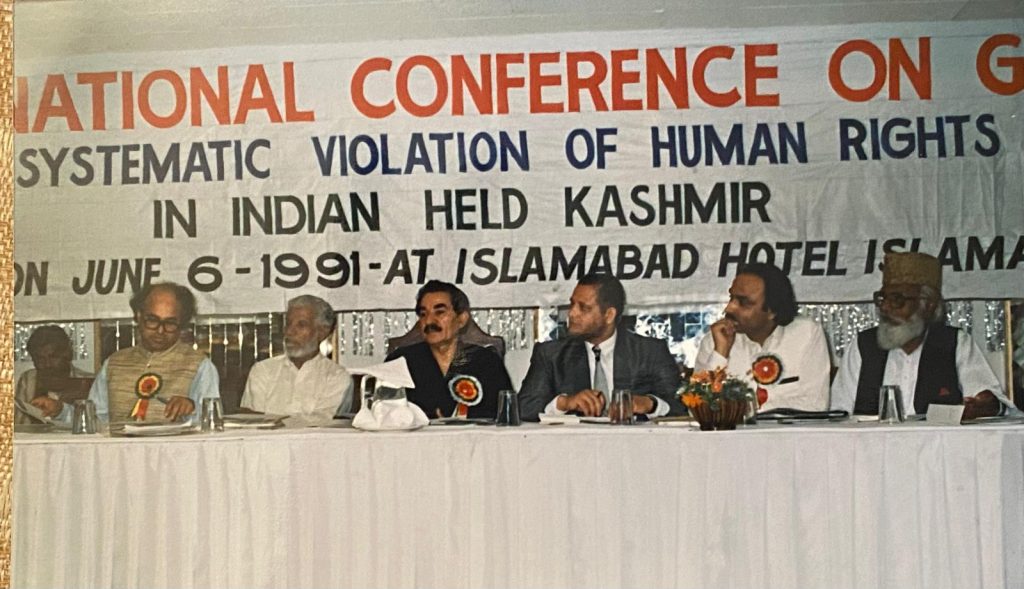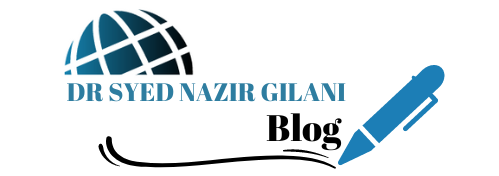First International Offer to Resolve the Kashmir Dispute

On January 1, 1948, India formally referred the Kashmir issue to the United Nations underArticle 35 of the UN Charter. However, prior to this, on November 22, 1947, the PrimeMinister of the United Kingdom made a significant proposal to the Prime Minister ofPakistan, with a copy sent to the Prime Minister of India. In his proposal, the British Prime Minister inquired whether there was any way the UK couldassist in finding a solution to the complex problems arising from the evolving situation inKashmir. The communication highlighted a mutual understanding between the Indian andPakistani governments that consulting the people of Kashmir was essential for deciding thefinal accession of the region to either Pakistan or India. In his telegram dated November 22, 1947, addressed to the Prime Minister of Pakistan andcopied to the Prime Minister of India, the British Prime Minister noted: “Although the approach of your Government and that of the Indian Government is different,there seems to be agreement on both sides that a reference to the people of Kashmir is theright way to obtain a decision on the question of final accession to Pakistan or India.However, it is hardly practicable to take this step before the spring. Mr. Nehru suggested inhis broadcast of November 2, a referendum under international auspices like the UnitedNations, and you also suggested in your statement of November 16 that the United Nationsmight be asked to appoint representatives to assist in the settlement of the Kashmir problem.” The British Prime Minister further proposed: “Would you like me to take private soundings from the President of the International Court ofJustice to find out whether he is of the opinion that it would be practicable and if he would bewilling to try to get together a small team of international experts, not connected with India,Pakistan, or the United Kingdom, in the event of a joint request being preferred by theGovernments of India and Pakistan for this to be done.” He emphasized the potential benefits of involving independent persons to oversee theconsultation process, suggesting that: “I can see great advantages, if it proved practicable, for the machinery for consulting thepeople of Kashmir to be devised and administered under the supervision of independentpersons acting at the request of, and on behalf of, the two Governments jointly. After fullconsideration, I am inclined to think that the speediest and most satisfactory way of puttingthis idea into practice would be to have recourse to one special organ of the United Nations,namely, the International Court of Justice.” This early initiative by the United Kingdom underscored the international community’sinterest in facilitating a peaceful resolution to the Kashmir dispute through a process thatinvolved the will of the Kashmiri people and the expertise of international legal authorities. Dr. Syed Nazir Gilani Dr-nazirgilani@jkchr.com

